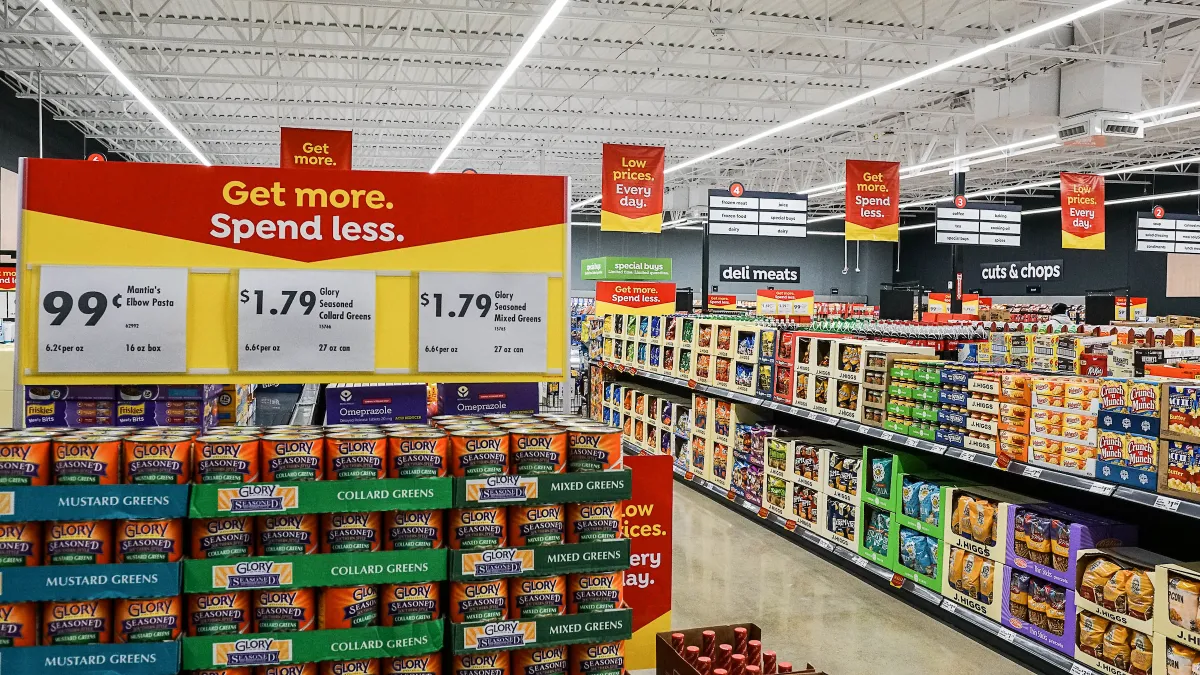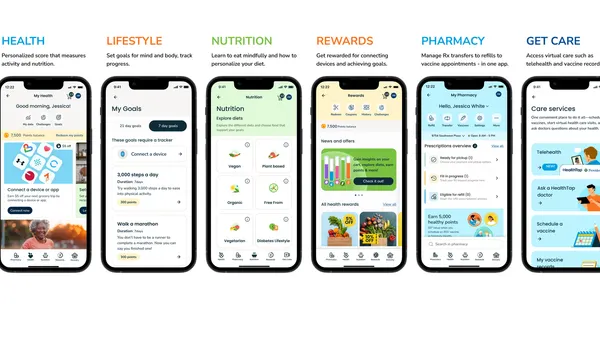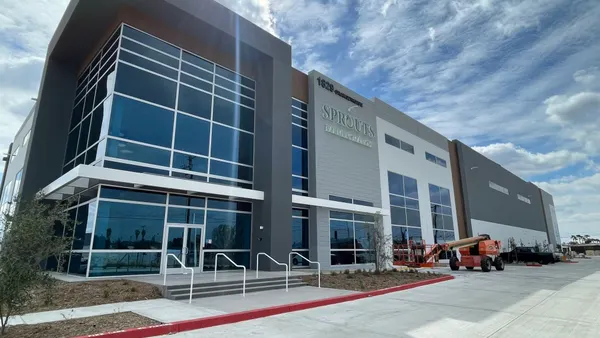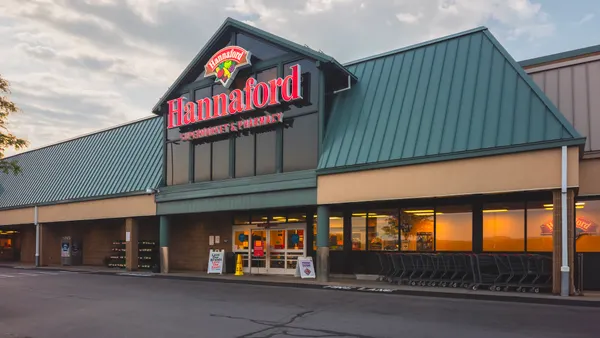Dive Brief:
- Save A Lot and BJ’s Wholesale Club separately announced Wednesday the release of their inaugural Environmental, Social and Governance (ESG) reports, which cover their 2022 fiscal years.
- The reports provide details of both companies’ efforts in this area and progress to meet goals.
- Both the discounter and club retailer touted their ESG reports as a major step forward in sharing their current ESG practices and laying the foundation for future efforts.
Dive Insight:
The reports provide snapshots of work both companies have done on ESG and what’s to come for 2023 and years ahead. For example, Save A Lot said that in September it launched a climate survey to solicit and assess workers’ perceptions and expectations regarding a variety of ESG factors.
Save A Lot also said that it has created an ESG Leadership Committee made up of the organization’s senior leaders to help ensure ESG is given “the highest priority across the organization.”
For Save A Lot, the report is a “key step” in the discounter’s new path forward as a licensed wholesaler after finishing its conversion to a wholesale model last year, Save A Lot CEO Leon Bergmann said.
“It represents our opportunity to evaluate the progress we have made,” Bergmann said about the report. “It also serves as a foundation to build from in this next chapter for our storied brand.”
Save A Lot said that it follows the Greenhouse Gas Protocol standards and separates its emission sources into three scopes. The discounter also shared how it determined its baselines for Scope 1 and Scope 2 emissions.
Meanwhile, BJ’s said it used an independent, third-party expert to conduct a greenhouse gas emissions footprint assessment in alignment with the GHG Protocol for its Scope 1 and Scope 2 emissions.
BJ’s noted in its report that it’s in the initial phase of defining and developing its overall approach to support the company’s ESG ambitions. President and CEO Bob Eddy said the club retailer has assigned ESG oversight to the audit committee of the board of directors and established an ESG steering committee comprised of business leaders to define its ESG strategy.
Ratio Institute, a nonprofit that works with grocers to advance their sustainability efforts, noted in a report last year that measurements and self-disclosures around sustainability targets vary widely among food retailers. An analysis of just over 100 food retailers found that less than half publish reports addressing ESG topics and roughly three-quarters did not did not explicitly say if they report to formal global reporting frameworks, such as the Climate Disclosure Project (CDP) and the Sustainability Accounting Standards Board (SASB) Standards.












